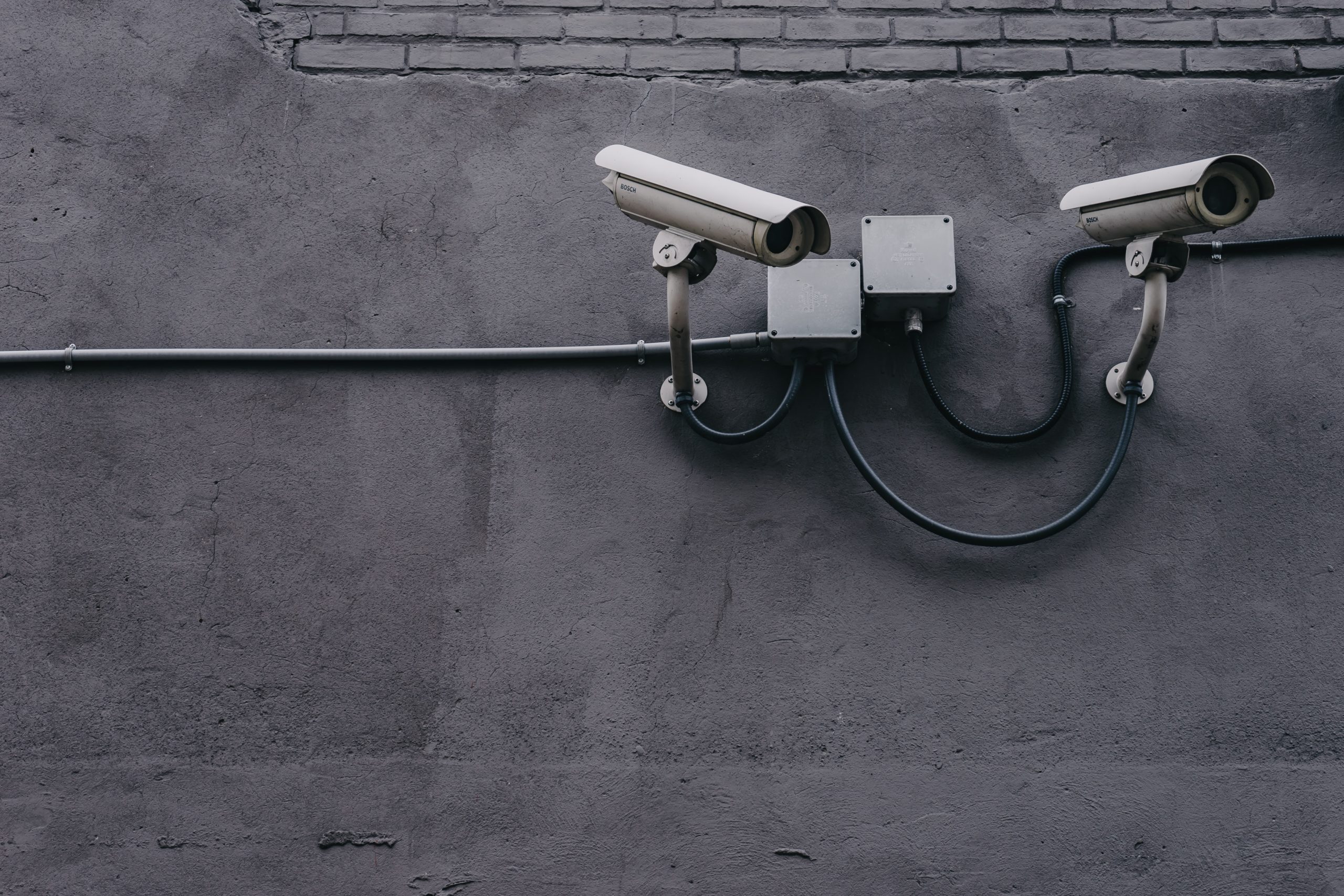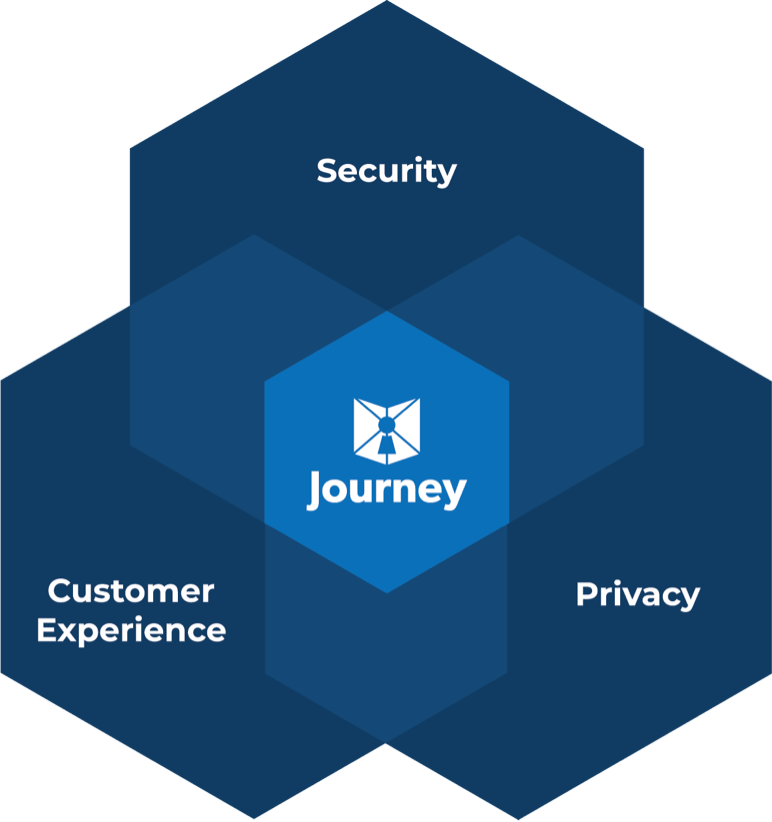Internet privacy has been hotly debated and subject to much scrutiny. As our realities shift almost entirely to the digital world, it can be difficult to know how much of ourselves is actually out there.
Government regulators are stepping in here to drive accountability from businesses to protect the privacy of their customers – think GDPR in the European Union, CCPA in California, and HIPAA for healthcare. The bottom line, however, is that each of us needs to advocate for our own digital privacy.
Discover the top ways to maintain privacy in a digital world and take control of your digital security and privacy.
1. Careful Who You Do Business With
As mentioned above, companies are being held accountable for security and privacy of their customers’ data with new regulations – some of which carry enormous fines for breaches. However, you’ll still want to be on the lookout for companies who explicitly state that your privacy is important to them and which have invested in privacy-preserving technology.
One company to look out for is Journey (www.journeyidstage.wpengine.com) who has designed a “zero knowledge” network that enables consumers to enter information into their vendor’s app, be it a bank, airline, hotel, government agency or anything else where you have to enter sensitive information like your SSN or a credit card number. Journey individually encrypts this information and verifies it, sending ONLY a pass/fail to the business (hence the term “zero knowledge”), which ensures that your private information remains only with you.
Some businesses are more promiscuous with your data, and they will collect it and sometimes share or even sell it, so read that fine print!
2. Social Settings
Often when we begin a journey through Facebook or Instagram, we don’t always pay attention to the fine print. Take a look through the settings on all of your social accounts and adjust them to your preferences, not the companies.
It is equally important that you log out of your accounts every time. This can seem annoying when we want everything instantly and most of our passwords conveniently autofill. If or when you get hacked or compromised, staying logged in to accounts makes it that much easier for hackers to get what they want.
3. Password Manager
Too many of us use the same password for almost everything…for years. We are creatures of habit and generating new and unique passwords for everything can be time-consuming and challenging to our memories.
Depending on the level of security you’re looking for, you may have to pay for this service, but there are viable free alternatives as well. Check out the best options for 2020.
4. VPN or Virtual Private Network
Often the best answer to all your internet security worries. Browsing, working, and dating online will all be hidden from your ISP and others who might try to violate your information. Your information will be securely encrypted, often for as low as $5/month.
You can also find tools that will bundle a whole series of internet protections for you and your family, or your business.
Can’t pay right now? Consider a change in browsers that offer more privacy than your current browser of choice to start.
5. Review Permissions
What exactly did you allow that flashlight app to gain access to? Studies show that almost no one reads the terms of use. Even if they were easier to read and larger than 6pt font, it takes too much time!
You can still go back through the apps you’ve already downloaded and check the settings and adjust accordingly. It’s never too late.
Do you use extensions on your browser? It’s definitely worth checking exactly what they have access to about your identity and why. While some of the information collected is not used for anything malicious, too much of it is sold to third parties. What those parties then do with that info is too broad to even speculate, so stay on top of what you give access to.
Also, turn off your location services at any chance you can get. It’s just making it way too easy to become the next target.
6. Update and Keep it Clean
Often, updates are needed to patch security problems. Most digital security comes from a reaction to what hackers have already done, and is not necessarily as proactive as we would like it to be.
If you’re no longer using a site, then get rid of it. If that old site is still using your current e-mail and one of your go-to passwords, then it is tacitly and quietly threatening your digital privacy.
Maintaining Privacy In a Digital World
These examples of digital security precautions are a great starting point. You are your data and you should be the judge of what anyone else gets to see.
Take pride in your own data and don’t give anything away just to see if you won a prize, cookie, or which Harry Potter character you would be in that quiz.
There are people out there who believe in your right to privacy in a digital world and they want to help!
Whether you’re about to take some of these matters into your own hands, or are interested in outsourcing to those who share your same privacy values, just by knowing and being aware, you’re already at a greater advantage.
Discover the comfort and feeling of freedom you get when your digital life is secure and private.



